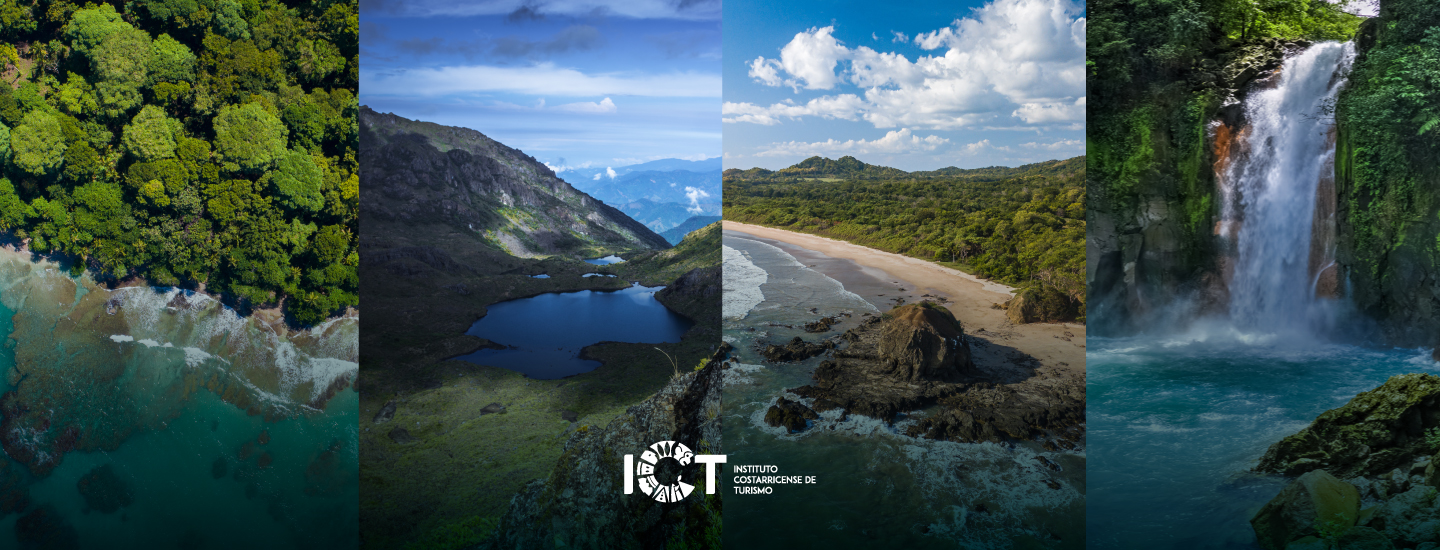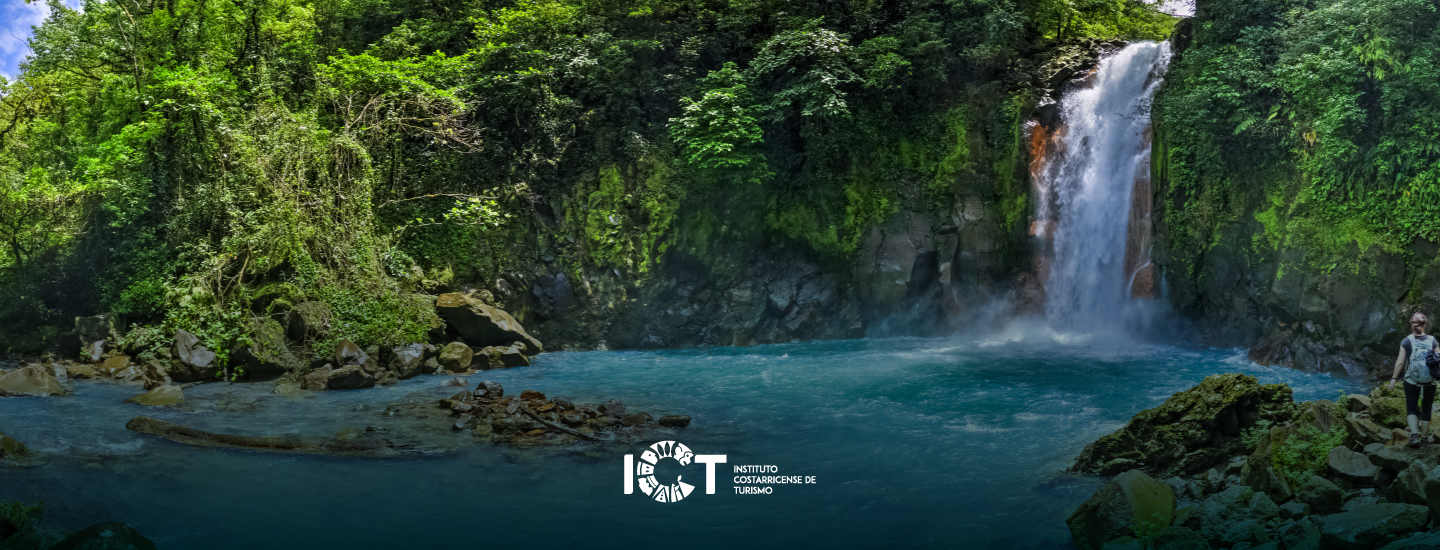Playa Hermosa, Guanacaste, becomes Costa Rica’s first beach with 100% accessible facilities
- The project is part of the Accessible Beach Program, led by the Costa Rican Accessible Tourism Network Association with support from the ICT, the private sectors and the Municipality of Carrillo, Guanacaste.
- A trailer equipped with bathrooms and changing tables will be in Playa Hermosa, Guanacaste for six months and then travel to other beaches and towns in the country.
Saturday, January 23, 2021. Costa Rica’s first 100% accessible beach is now a reality thanks to the official inauguration of a trailer equipped with bathrooms, adapted showers, changing tables, a lift for people in wheelchairs, changing beds and toilets.
With support from the Costa Rican Tourism Board, the private sector and the Municipality of Carrillo, Guanacaste, the Costa Rican Accessible Tourism Network Association launched the Accessible Beach Project on Saturday morning.
Beginning today, the beach will also have a 52-meter retractable walkway that provides access to the sea, as well as several amphibious chairs and other facilities. The walkway was made from recycled wood and 2,600 kilograms of plastic caps.
The trailer will be rotated throughout the country, arriving at a different beach every six months, while the Costa Rican Accessible Tourism Network will provide training to businesses in beachside locations on topics such as customer service and assistance, as well as the meaning of disability and the use of appropriate language. Persons with disabilities and their attendants will enjoy the facilities free of charge when visiting the trailer.
Prior to the inauguration, some 40 community volunteers conducted a beach cleanup and collected almost half a ton of solid waste.
“The launch of the Accessible Beach Program will allow for a significant improvements to the experience of persons with disabilities by providing them with a modern, well-equipped accessible trailer with bathrooms and changing tables adapted under universal accessibility laws to allow people to shower and use the bathrooms safely. These are coupled with an outdoor setting on the beach that includes adequate parking, accessible trails with a retractable walkway to access the sea, amphibious chairs, signage and trained staff,” said Alberto Lopez, general manager of the ICT.
For Stephanie Sheehy, president of the Costa Rican Chamber of Accessible Tourism, the inauguration of this project is a source of joy and motivation to move forward. “We have experienced a wonderful achievement, because we have fought with all our energy and our hearts for Costa Rica to become a destination for all people, with equal conditions for every visitor, especially those with physical, cognitive or sensory disabilities and seniors. The complex is fully accessible to all and represents a new step in sustainability and a new route for our country as a tourist destination,” said the spokeswoman.
According to data from the Costa Rican Accessible Tourism Network Association, few countries in the world have inclusive changing tables of this kind. Even more unique is the mobile design, with changing tables and showers in a trailer designed to be moved from one beach to another. Countries with such facilities include the United Kingdom, Australia, Germany, Ireland, New Zealand, Spain, United States, Sweden and France. Costa Rica’s mobile trailer design makes it a unique addition to the list.
The route to an accessible beach
In January 2017, the Costa Rican Accessible Tourism Network Association began seeking additional sponsorships to make this project a reality.
In July 2019, the organization was part of a select group of innovative projects and organizations from around the world that were invited to participate in a program organized by Booking.com, a leading digital travel platform, to identify and support non-profit projects in sustainable tourism.
Because of the unique and holistic combination of social and environmental impact, as well as its inclusive approach to helping everyone enjoy a visit to the beach, the Accessible Beaches Project was among a handful of successful initiatives to win a grant from Booking.com to help bring its vision to life.
The total cost of this project is around US $150,000, which went to the design of the prototypes, importing equipment, construction, research and development.
This initiative is part of a larger nationwide effort, which was recognized last November as the “Best Accessible Destination” by the Lonely Planet travel guide thanks to the many efforts made across the country, of which the Accessible Beach Program is now a part.
For its first six-month deployment in Playa Hermosa, Guanacaste, the accessible trailer will be placed at the Bosque del Mar Hotel and will be operated from 8 a.m. to 4 p.m.
Elements of the Accessible Beach Program from the Costa Rican Accessible Tourism Network.
In addition to the trailer, the Accessible Beach Program includes the following facilities for persons with disabilities:
- Designated parking for persons with disabilities.
- Accessible path between the parking lot and the trailer, plus a retractable walkway made with recycled plastic from the DONATAPA campaign.
- Amphibious chairs made with recycled plastic from the DONATAPA project and floating arches. Both allow users to safely enjoy the beach and the sea.
- Mechanical lift on the trailer to transfer individuals from a wheelchair to the amphibious chair and to safely use the toilet, sunbathing chair and beach recliner.
- Toilets and changing rooms adapted for universal accessibility, allowing anyone to shower, change and use the toilet in a safe, comfortable and decent way in the accessible trailer.
- Training and accessibility support in local businesses.
- Visible, easy-to-understand signage with illustrations.
- The entire design uses high-impact colors for the visually impaired.
For more information about accessible beaches and the development of the project, see the website www.costaricaturismoaccesible.com as well as the Facebook profile: Costa Rican Accessible Tourism Network. You can also contact us directly at

